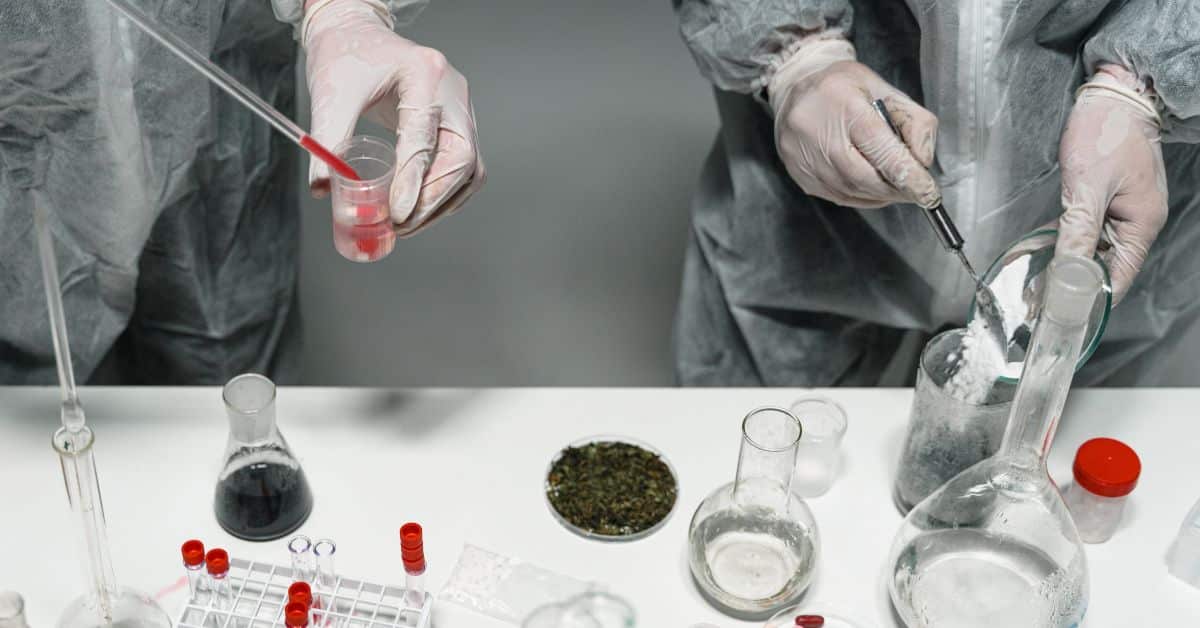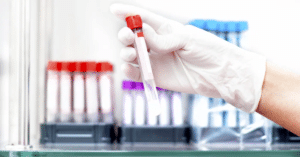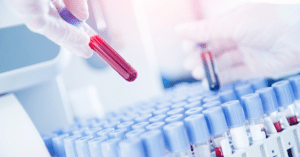Blood tests are a common diagnostic tool used by healthcare professionals to assess and monitor our health. Whether you’re visiting the doctor for a routine check-up or managing a chronic condition, blood tests can provide valuable information about your overall well-being. But how exactly do they work? In this blog post, we’ll take a closer look at the science behind how do blood tests work, explore the different types of tests available, and help you prepare for your next appointment with confidence. for reliable blood test result consult blood test laboratory in Patiala at Rapid Lab.
Blood Tests Function?
Blood tests are a crucial tool for diagnosing and monitoring medical conditions. They involve taking a small sample of blood from a patient, usually from the arm, and analyzing it in a laboratory. But how exactly do they work?
The first step is to collect the blood sample using a needle or lancet. The healthcare provider will clean the area with an antiseptic and then insert the needle into the vein, drawing out enough blood for testing.
Once collected, the sample is transported to a laboratory where it undergoes various analyses depending on what’s being tested for. These analyses can include measuring levels of specific substances such as glucose or cholesterol, identifying infectious agents like bacteria or viruses, and screening for genetic abnormalities.
Blood test work results are typically available within a few days after collection. It’s important to note that interpreting these results requires specialized knowledge and training–a doctor or other healthcare professional should always be consulted if there are any concerns about them.
The Different Types of Blood Tests
Blood tests are an essential part of diagnosing and monitoring various medical conditions. There are several different types of blood tests, each designed to measure different components of the blood or assess specific health concerns.
One common type of blood test is a complete blood count (CBC), which measures the number and quality of red and white blood cells in your bloodstream. This test can help detect anemia, infection, or other issues related to your immune system.
Another type is a lipid panel, which measures cholesterol and triglyceride levels in the bloodstream. High levels can indicate an increased risk for heart disease or stroke.
Blood sugar testing is another important type used to screen for diabetes by measuring glucose levels in the bloodstream. Similarly, liver function tests check enzyme levels associated with liver damage or disease.
There are many different types of blood tests available that provide unique insights into our health statuses. Your healthcare provider may recommend certain ones based on your individual needs! blood test gives you lots of solutions for your healthcare consult blood test laboratory in Patiala at Rapid Lab.
Preparing for a Blood Test
Blood tests are an essential diagnostic tool that can help detect various health conditions. However, proper preparation is crucial to ensure accurate results. Here are some tips on how to prepare for a blood test:
1. Follow the instructions given by your healthcare provider: Your doctor or nurse will provide you with specific instructions on how to prepare for your blood test. This may include fasting for a certain period before the test and avoiding certain medications.
2. Stay hydrated: Drink plenty of water before your blood test as it helps keep your veins plump and makes it easier for the technician to draw your blood.
3. Dress appropriately: Wear clothing that provides easy access to the area where the technician will draw your blood, such as short sleeves or loose-fitting tops.
4. Relax: Anxiety and stress can cause changes in hormone levels which may affect some types of blood tests; therefore, try to relax during the procedure.
5. Bring along any necessary paperwork: Make sure you have all relevant documents related to your medical history, including insurance information if required.
By preparing well beforehand, you can make sure that everything goes smoothly during your appointment and obtain reliable results from the lab analysis later on!
What do the Results Mean?
After undergoing a blood test, you may receive a report with several numbers and abbreviations that might look confusing. However, understanding the results is crucial for your health care provider to diagnose any potential health problems.
One vital factor to consider is the reference range, which indicates what is considered a standard or normal result for each test. If your results fall within this range, it implies that everything appears fine; however, if they vary from the average value, further analysis may be required.
Another aspect to keep in mind is that some tests have different reference ranges based on age and gender. For instance, testosterone levels are naturally higher in men than women. Therefore their reference ranges differ.
Interpreting blood test results requires professional expertise as well as an individualized approach tailored specifically towards each patient’s characteristics and medical history.
Conclusion
Blood tests are an essential tool for diagnosing and monitoring a wide range of health conditions. By analyzing the components of our blood, doctors can gain valuable insights into our overall health and identify any potential issues early on.Always remember to follow your doctor’s instructions carefully when preparing for a blood test, including fasting if required. And don’t hesitate to ask your healthcare provider any questions you may have about the procedure or your results.
By staying informed and proactive about your health through regular checkups and screenings like blood tests, you can take control of your well-being and ensure that you stay healthy for years to come.




